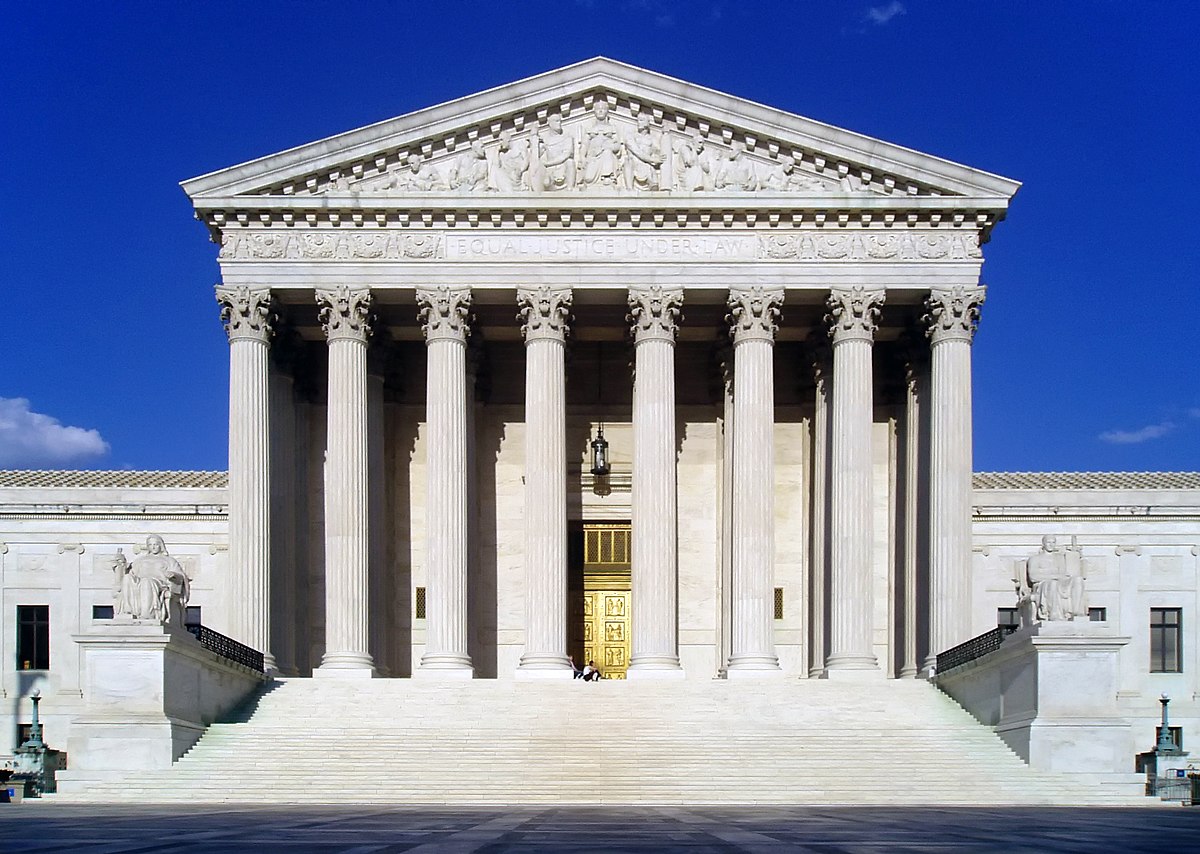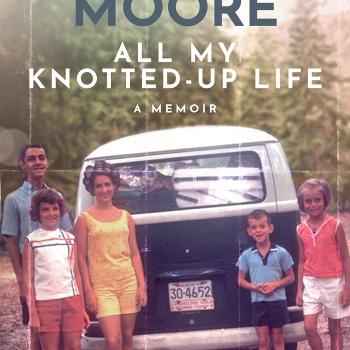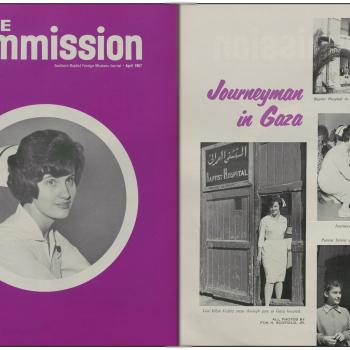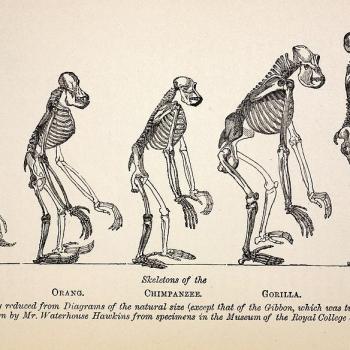A committed evangelical, today I write out of and to my narrower ecclesiastical tradition (Baptist) as I address the Supreme Court’s recent ruling. All others are welcome to listen in or ignore me as they see fit.

The U.S. Supreme Court ruling last Friday (June 26, 2015) should surprise no one who has been paying attention. In the wake of the second Clinton administration, by the turn of the twenty-first century the cultural tide on issues related to marriage and sexuality had turned the corner. (For example: see the Pew Research Center data on changing public opinion on gay marriage here.)
Unfortunately, some contemporary Baptists have taken a rage-against-the-machine approach to these recent developments. But, in the end, Obergefell v. Hodges means that same-sex marriage is the law of the land and, apart from equally unacceptable options like secession, such approaches lead down a dead end street lined with considerable collateral damage. Instead, contemporary Baptists should consider their history–not simply looking back over the last forty years, but the last four hundred.
In this longer view, it could be argued that Baptists have been here before: placed outside the bounds of what a the majority considers respectable–or even acceptable-by the legally enshrined predominant collective conventions and social mores of contemporary society. Baptists began that way, compelled beyond the pale by deeply held religious doctrines that they believed were built upon the incontrovertible truths of Scripture.
Regardless of their forbears, the contemporary Baptist movement finds its roots in seventeenth-century English Separatism. Separatists were Puritans who gave up on their hopes of transforming the Church of England into their own image and separated from it, meeting in conventicles. Soon, they illegally formed their own churches outside the watchful eye of the state. As they studied the Bible, Separatists in different locations became convinced that the Scriptures taught that a church must be a self-constituted body of those baptized after a credible testimony of conversion and public profession of faith given to the gathered body. They began to baptize converts into their small “churches.” Soon they began dunking them.
And so they became Dissenters, disagreeing with the prevailing custom on religious matters and acting according to their collective ecclesiastical consciences. For this, they suffered legal sanction and were socially ostracized. The crown denied them many of the benefits of English society, such as opportunity to attend the universities, the right to hold public office, and the opportunity to receive a “proper Christian burial.” Often jailed, many died in prison. Further, as Dissenters, they could not receive the approbation nor benefits of a marriage recognized by the state. Even so, they continued to perform marriages, insisting that marriage was “ordained for the mutual help of husband and wife (1689 Second London Confession, Ch. 25),” apart from any legal benefits in the larger society. Acting simply as pastors and not acting as functionaries of the state, early Baptist ministers performed marriages within the context of their own congregations. Like other ecclesial functions, early Baptists did not feel that they needed the endorsement of the state in order to perform marriages because marriage is a fundamentally religious institution, not a political one. They were right.
Fast forward four hundred years. In America, the Dissenters are now (ironically?) functionaries of the state, performing marriages that the state recognizes as duly constituted, legal unions. Now, the state has declared that same-sex marriage–a marriage that many Baptists believe contradicts both historic, orthodox Christian belief and the incontrovertible truths of Scripture–is a fundamental right guaranteed by the U.S. Constitution. As public support for religious liberty issues erodes, it seems unlikely to me that pastors with deeply held religious beliefs regarding marriage will long be able to resist the state’s compulsion in this matter. As a result, Baptist churches should carefully investigate their marriage policies, rewrite them if needed, and incorporate them into their bylaws. This is the time for precise, carefully-worded legal language that best expresses the church’s will on matters of marriage, not slipshod, late-night committee work. Second, the time has come for Baptist pastors to de-link themselves from the state in matters of marriage. This is not some sort of capitulation or weakness, but rather a return to an earlier era when Baptists deemed that the spiritual nature of marriage was much more important than any political or social benefits the state might offer. Couples married according to the church’s policies could still apply for a marriage license from the state if they desire the benefits that the state affords, but such action allows the church to say with integrity that it only performs religious ceremonies according to its deeply-held religious beliefs as defined in its bylaws. No one is excluded (or included) except on those clearly-defined religious grounds.
Such a move should more effectively situate the church under the umbrella of the First Amendment. Hopefully, it will have the fortunate side effect of causing pastors and churches to think more seriously about marriage as a spiritual and religious institution as well as their ministerial responsibilities towards those they join together in “holy matrimony.” Somehow, such things seem to have gotten lost between the seventeenth century and the twenty-first.
















